First-Time Voters Find the Current Political Climate Frustrating
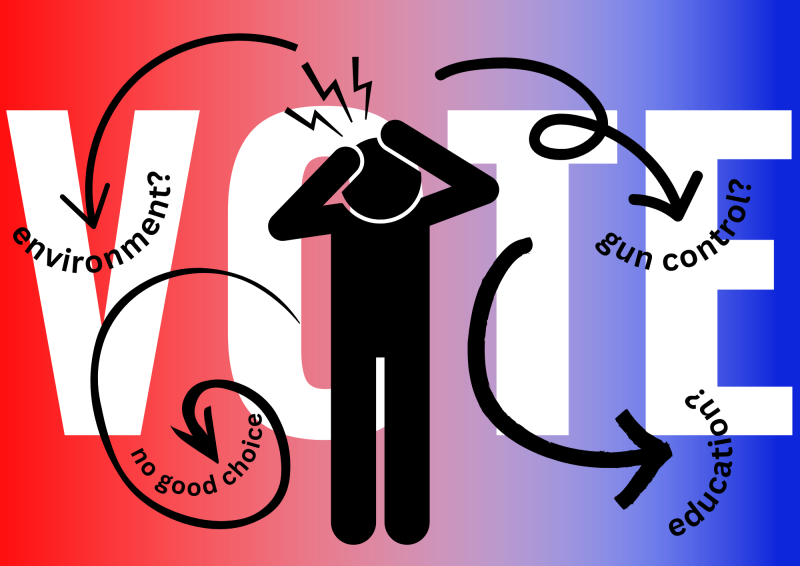
Senior Hayden Shortsle will be turning 18 within the month and is about to vote for the first time in the 2024 presidential election. Although he’s determined to exercise his right to vote- as are 80% of LFHS seniors – he feels the current state of political affairs is not ideal.
“I am disappointed and frustrated over the current political climate because I don’t believe that there is a candidate who supports my political views to a tee,” said Shortsle.
Shortsle is not alone in his concerns. Seniors eligible to vote this year were asked in an anonymous survey sent by The Forest Scout which word best described their attitude towards the current political climate. A third of survey respondents said “angry,” closely followed by 30.4% of students responding that they had “no opinion” and 21.7% responding with, “apathetic.”
This poll has ended.
Who is your pick for president? Sorry, there was an error loading this poll.
Much of the respondents’ frustration stems from a disconnect between students and the candidates running for presidential office.
32.4% of survey respondents stated that if the election were to be held today, they would vote for Trump, while 32.4% would vote for Biden, and the majority 35.1% selected “other.”
“The candidates are bad and worse. There is no good choice, so you are just picking the least bad one,” said senior and first-time voter Andrew Rourke.
Many other first-time voters agreed, stating they would like to see younger candidates.
“It’s awful because there is no turnover we’ve been milling about with the same people who are both incompetent,” said Shortsle. “I just want to pick the least bad option.”
Students feel that older candidates are too far removed from their generation to effectively represent their interests.
Democratic front-runner Joe Biden will be 81 years old at the time of the election and Republican front-runner Donald Trump will be 78 at the time of the election, a nearly 60-year age gap between first-time voters and the current, leading presidential prospects.
“So many professions have age limits, why shouldn’t one of the most demanding and important jobs in the country not have one?” said senior and first-time voter Angelina Slomba.
Concerns that go hand in hand with those of age are a candidate’s mental acuity and competency. Respondents to the survey were asked, what qualities are most important to you in a presidential candidate? Out of the ten options provided the top three responses in ascending popularity were leadership ability, honesty, and competence.
“I’m not necessarily happy with either of the candidates, and I think most of our generation would agree. Considering how rapidly evolving our society is, I definitely think it’s time to have younger presidential candidates,” said senior and first-time voter Katherine Malloy.
Despite the majority of students expressing their desire to vote (80% of seniors), there is a wide divergence of views regarding the current political climate.
AP Government teacher Mrs. Cheryl Kyrias says that while she feels the average teenager doesn’t care a whole lot about voting, students in her AP Government class seem to care and seem engaged in politics.
“I think the less you know [about the current political climate] probably the more upset and defeated you feel, vs. the more you know, probably the more hopeful you feel,” said Kyrias.
In recent years, public trust in the national government has declined significantly and American politics have become increasingly polarizing. These factors certainly shape young voters’ opinions of democracy and political participation.
“I have had students say things like ‘I can’t vote yet, so I don’t pay attention’ or ‘I don’t feel like politics affects me’, so I don’t think they feel very empowered,” said AP US History and Sociology teacher Mrs. Cindy Collier. “I’ve also had students express views as if ‘government’ was a foreign entity composed entirely of crooks.”
42% of surveyed students say they “rarely” trust the government, while 10.1% “do not” trust the government.
Collier believes this disconnect between students and government is “sad.”
“The government is not separate from us; we are the government. The most basic way to be part of the government is to vote,” said Collier. “When you do, you realize how many people participate in our local government and do their part to make our society function because you see all the different elections on the ballot.”
In the 2020 presidential election and the 2022 midterm elections alike, Gen Z’s voter turnout was significantly higher than when Generation X and Millennials were in the 18-24 voting group.
In the upcoming 2024 presidential election, 8 million young adults will be eligible to vote for the first time. Gen Z voters make up 20 percent of all American potential voters.
Based on the survey The Forest Scout sent to seniors eligible to vote this year, the trend of high Gen Z voter turnout appears likely to continue based on seniors’ self-reported levels of political engagement. 74.3% of 73 seniors responded that they consider themselves to be “very engaged” or “somewhat engaged” in politics.
“I definitely think a lot of my classmates are both interested and engaged in politics, and make an effort to educate themselves,” said Malloy. “Although, I do think there’s a lot of false information that spreads via social media, which has a major impact on our generation’s opinions and beliefs.”
Collier has noticed that some of her students are “very engaged” in politics.
“They participate in clubs that might reflect an interest in politics, such as Model United Nations or Debate, and talk about politics with their friends or read about it online,” said Collier.
However, Collier notes that other students are “not engaged at all” in politics.
“I have had students tell me that they ‘don’t care’ about politics and that they never plan to vote,” said Collier.
Although a majority of survey respondents stated they were engaged in politics to some degree, there remain those who are not interested in politics and are not politically informed.
“I think other people should be more informed on politics and more engaged,” said Shortsle. “Everyone who has the right to vote should vote because that is what our country was founded on and what our ancestors fought for.”
Students polled care most deeply about gun control, health care, education, foreign policy, immigration, and abortion.
A recent surge of migrants being bused to Chicago from places like Texas has taken the attention of local young voters, who are witnessing these effects first-hand.
“Immigration is a big issue. There are so many migrants seeking asylum… for the government to prioritize illegal migrants instead of citizens is crazy,” said Slomba.
Kyrias says that in her classes she notices students seem to take an interest in issues like immigration, abortion, and book bans.
Social media is also changing the way that voters – specifically voters in younger generations – form political opinions. A study done by the Wall Street Journal found that 34% of Gen Z teens use social media as their primary news source.
“Right now, I think one of the most important political issues is the debate over free speech, as social media organizations frequently take down posts regarding different issues,” said Malloy. “Though these organizations are privately owned and have the right to do so, I think it’s important to acknowledge that social media has become one of the main sources of news and discussion for our generation.”
93% of survey respondents feel that voting is important, and 80% responded that they actually will vote in the 2024 election.
Collier said some young citizens refrain from voting because they do not feel well-informed about all the issues presented on the ballot.
“Some students feel like they need to know about every race or issue on the ballot, but you always have the option of leaving parts of a ballot blank,” said Collier. “So, even if you only know about one or two races that you would vote in, you should still vote.”
Students who are choosing to vote are doing so for various reasons, and some seem to be more motivated to vote than others.
“I am planning on voting in the election because I feel I have an obligation to vote, especially coming from a first-generation family,” said Slomba. “My parents did not always have a voice in their home countries so I think it’s very important to use my voice where I can in America.”
However, there are some students who are so disappointed with the current state of political affairs that they’re going to abstain from voting in the 2024 presidential election.
This discontent was expressed by one anonymous survey respondent who said, “Unfortunately, Trump and Biden fail miserably, … so voting this cycle isn’t particularly important.”
Overall, the students interviewed by The Forest Scout showed high levels of engagement and awareness in the upcoming presidential election cycle, though they expressed several areas of discontent with the leading candidates from both major parties. Despite these concerns, a high turnout of first-time voters is expected for the 2024 presidential election.
“Democracy only keeps working if enough of us believe in the system and are willing to be engaged,” said Collier.
Your donation will support the student journalists of Lake Forest High School. Your contribution will allow us to purchase equipment and cover our annual website hosting costs.





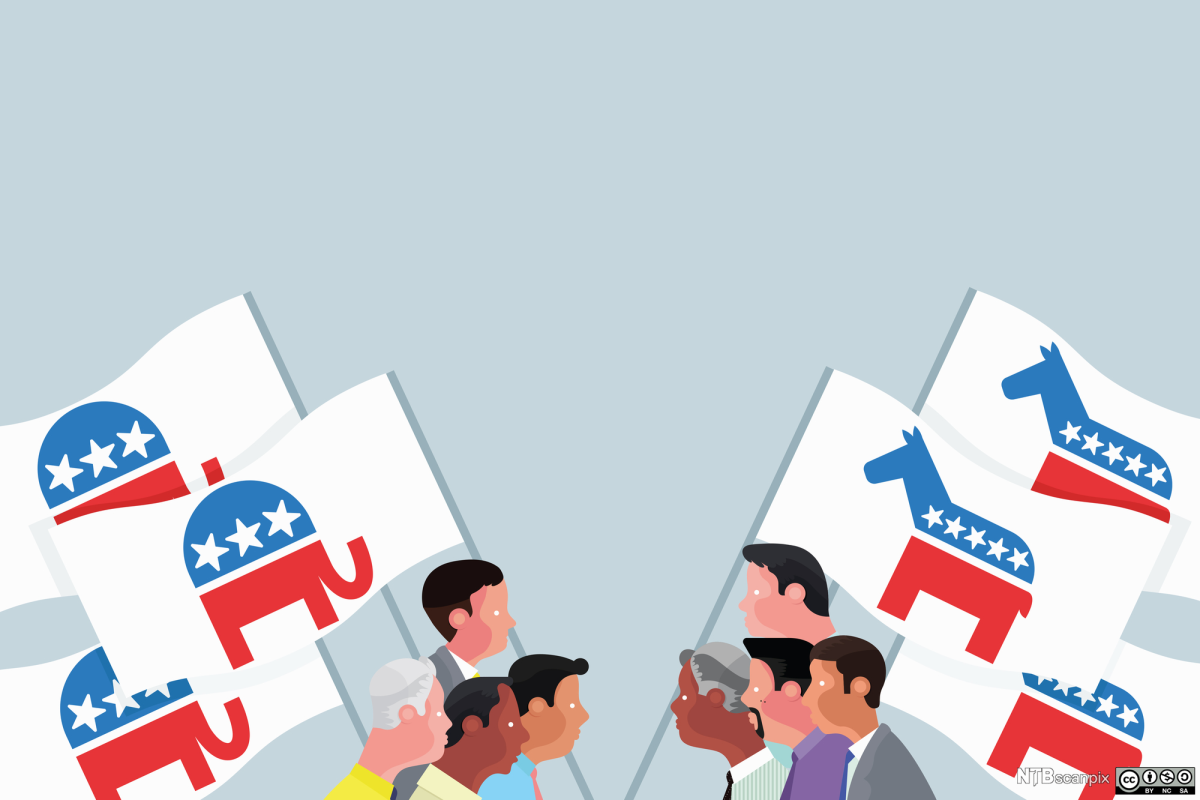


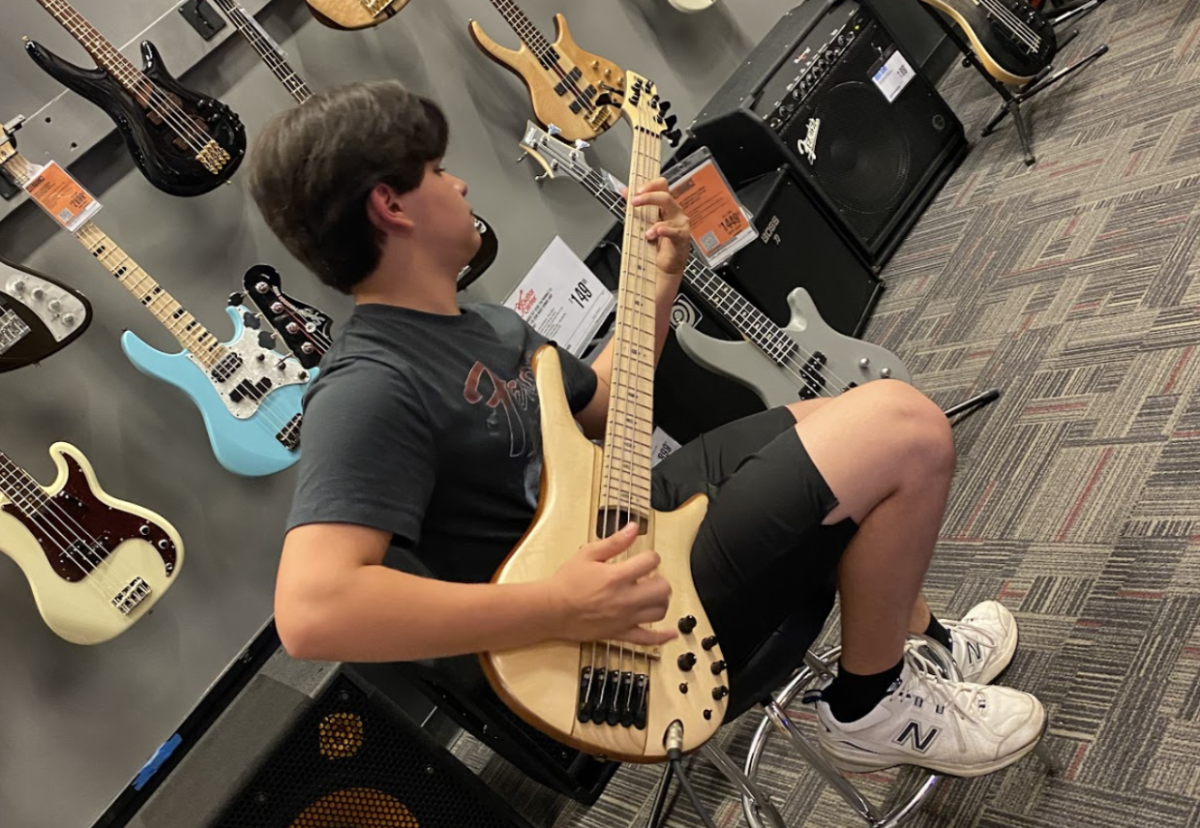
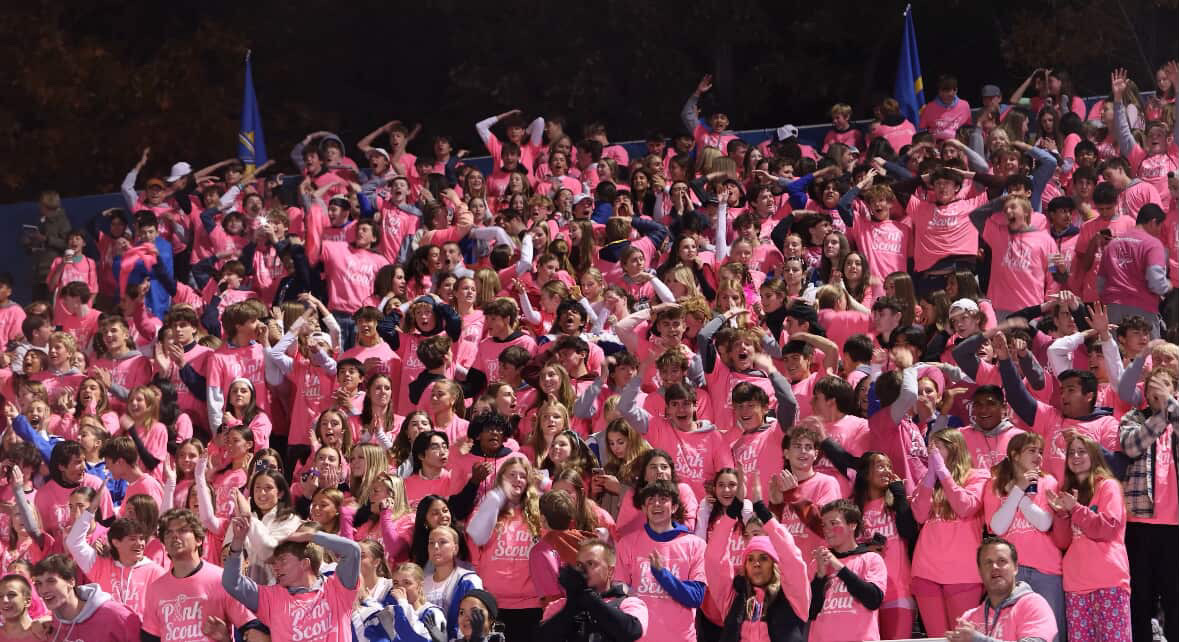
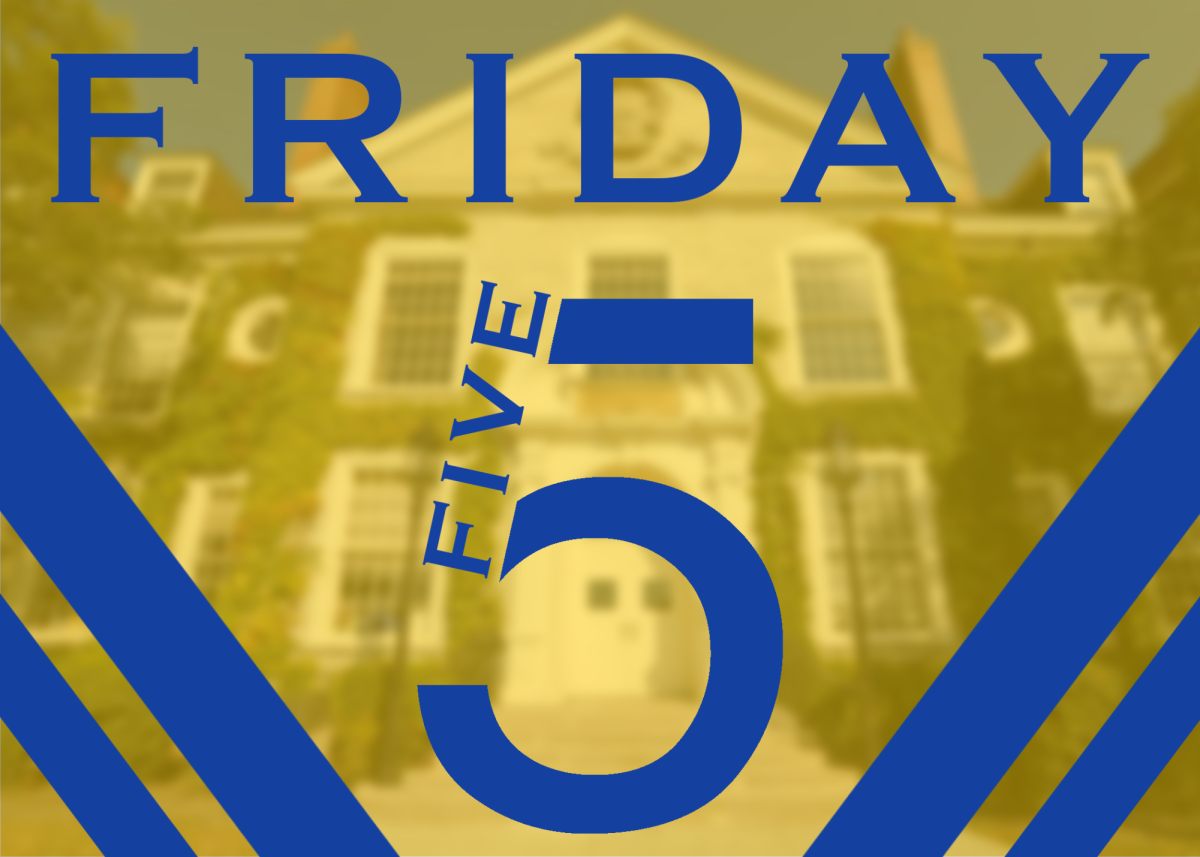
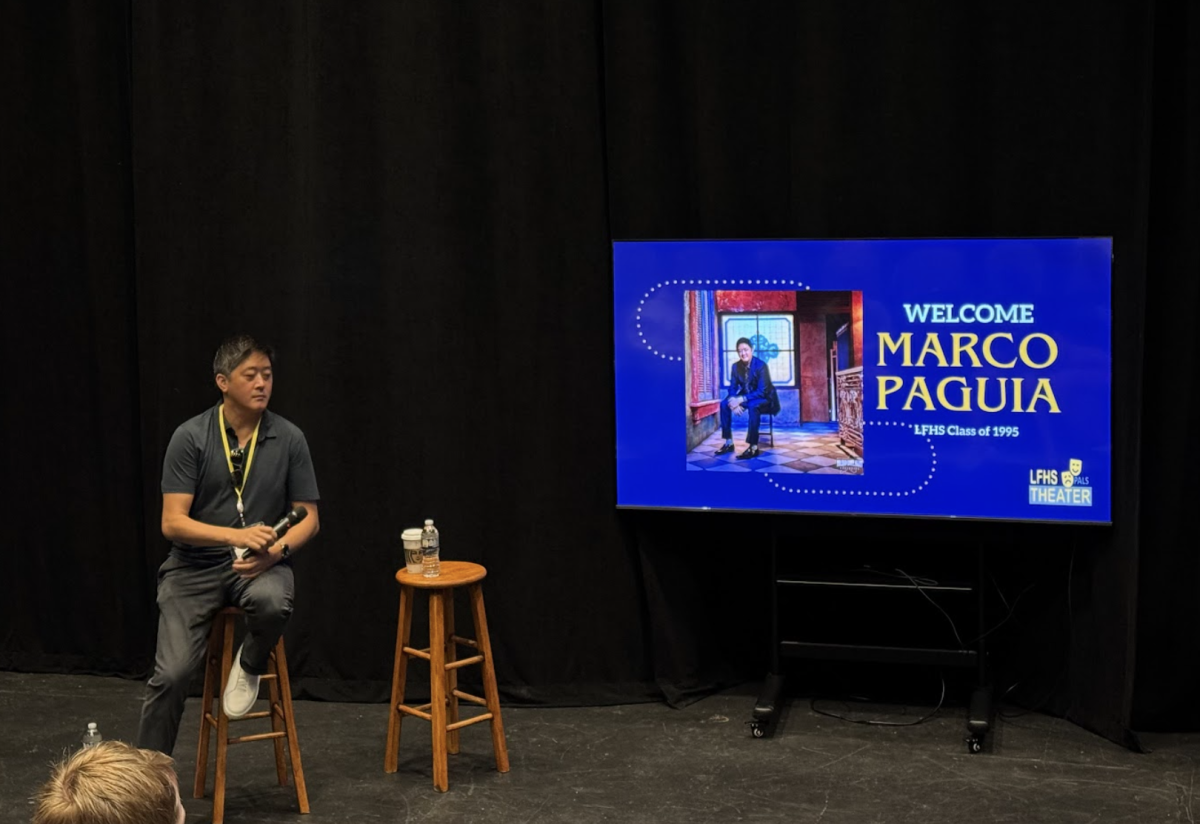
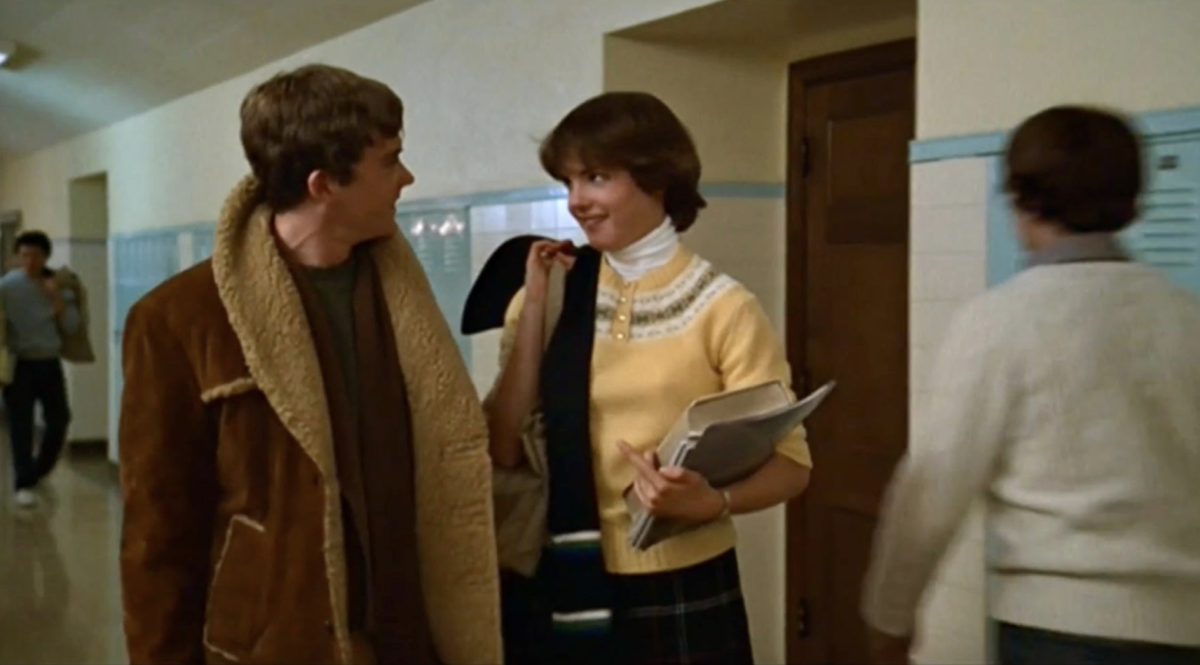
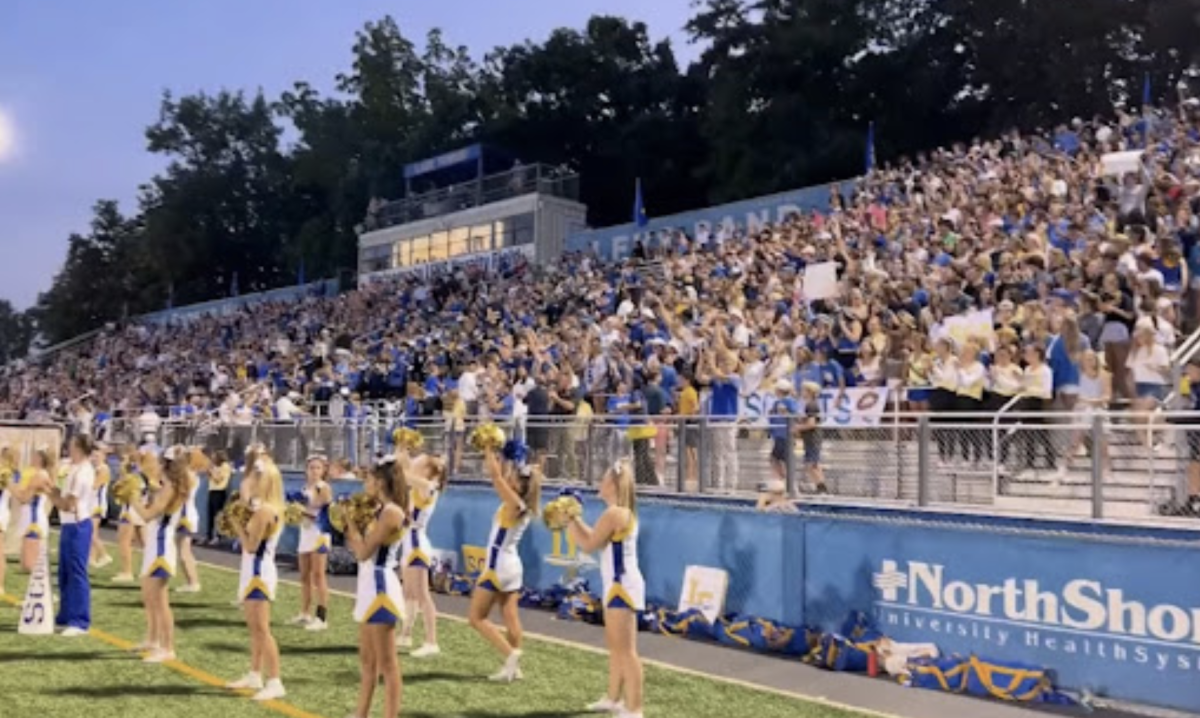

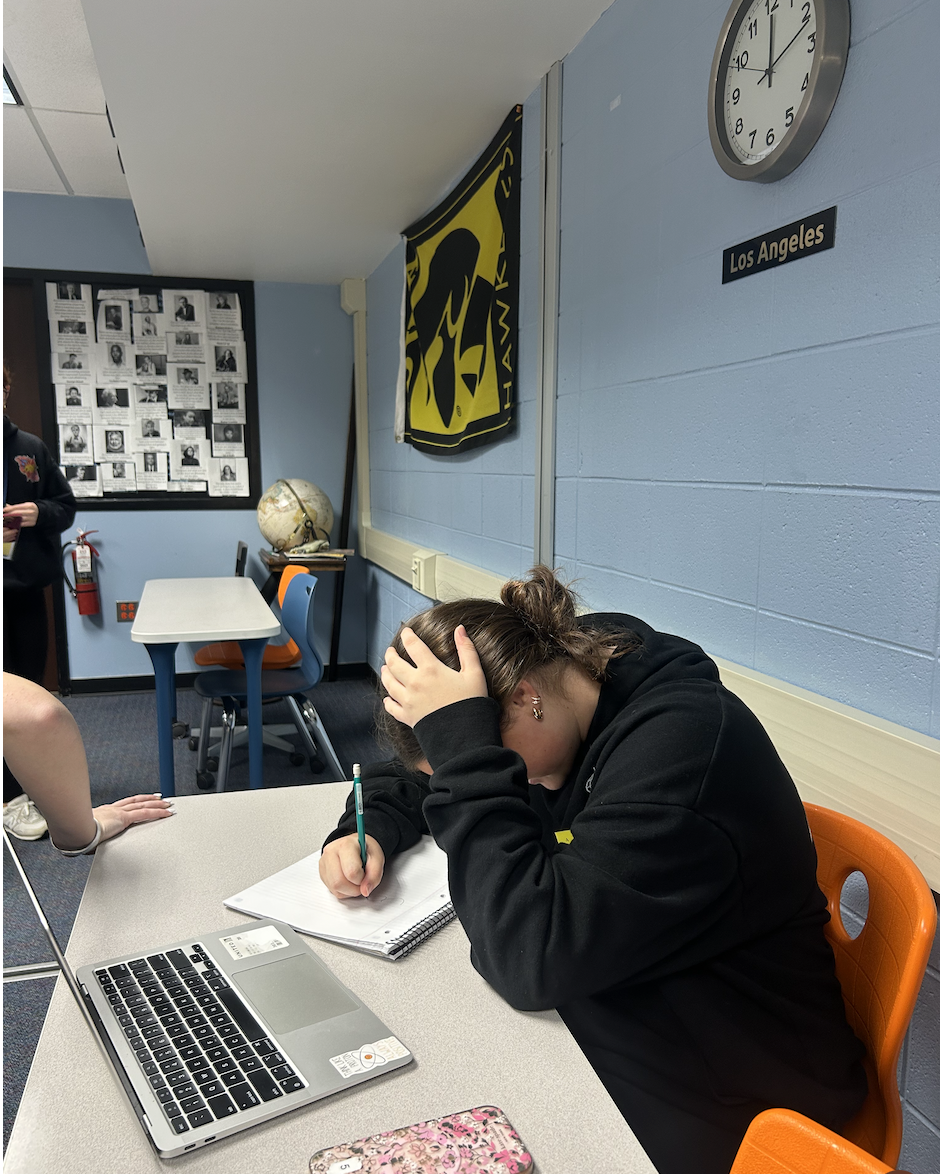


Anon • Feb 9, 2024 at 1:07 pm
Trump finna save this country ong
Jason Kowalski • Feb 9, 2024 at 8:42 am
American politics is a disaster, and any effort to fix it is doomed to fail. The two current parties, mostly backed by the same donors, have manipulated the system to prevent even the slightest threat to their duopoly. Anyone who suggests getting rid of corruption is branded as a fascist or a communist, and those who advocate for serious reform are more likely to be killed than to be elected.
Cindy Collier, you are wrong. We are not the government. The government is separate from us and hostile to our interests. The use of (rigged) elections to create an illusion of popular support does not change this reality, in the same way that forcibly nodding the head of a victim doesn’t create sexual consent.
Anon • Feb 9, 2024 at 1:06 pm
Why would the government be hostile to your interests? No one would live or be able to function under a government that is actively trying to do what it’s citizens oppose. This is why we have elections, and if you believe its rigged, in the United States at least, you have no place to be stating your opinion as you clearly need to do more research. Come back with some solid evidence of election meddling or rigging in the United States in modern day. Im not denying election meddling ever existing, but the average majority of decisions the country makes, is what the majority agrees with.
Jason • Feb 9, 2024 at 5:15 pm
The government is hostile to my interests because it enacts laws which harm my quality of life, infringe upon my liberties, and rule me without my consent. Time and time again, federal and state legislatures pass laws which can not and will not be tolerated. For an example at the state level, Illinois passed PICA, and the registration requirement has less than ten percent compliance by even the most favorable estimate. Other states have defined public crossdressing as a sex crime against children. Federally, the PATRIOT Act has stood despite its unconstitutionality.
Even if the popular votes at state level weren’t meddled with at all, it wouldn’t change the fact that elections are rigged from the start. The current duopoly does everything it does to prevent third parties from fielding significant opposition. Those parties run candidates backed by party donors, and the parties ignore the voters every primary. The general election is met with widespread campaigns of voter suppression. Electors have no duty to vote in accordance with who won the state popular – several states have conspired to employ faithless electors.
The Presidential election is merely a show in which we demonise real and artificial enemies while pretending that we have real political impact from within. All of this is to distract us from the effective methods of protest, peaceful disruption, and non-peaceful activity.